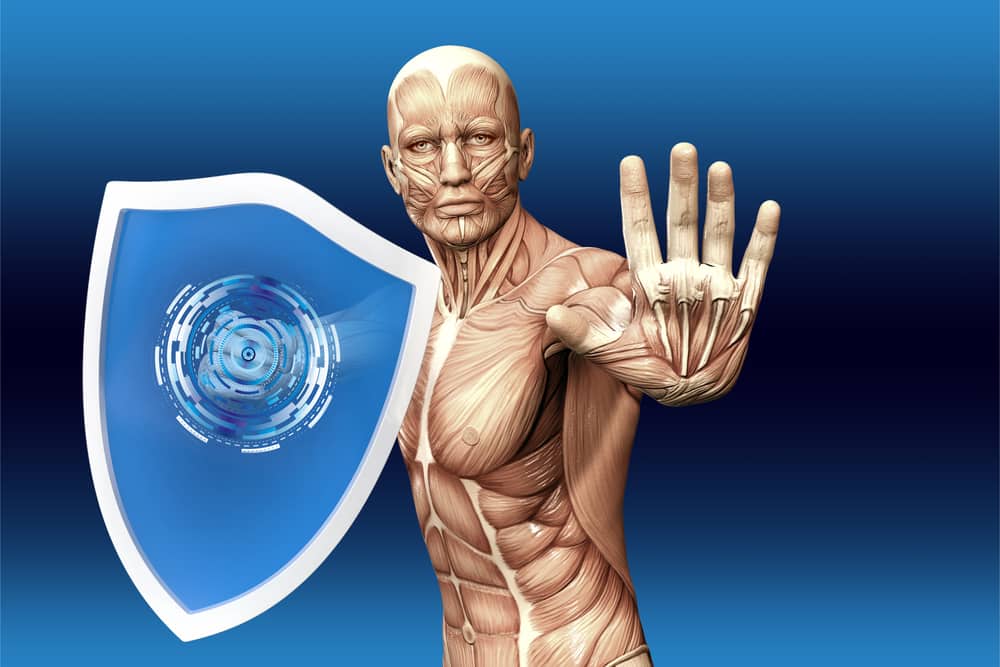Contents:
- Medical Video: Dr. Oz Explains How to Avoid Tension Headaches
- What causes stress to make headaches?
- Stress headaches are not caused by migraines
- Treat and prevent headaches due to stress in the office
Medical Video: Dr. Oz Explains How to Avoid Tension Headaches
Stress is not just making you become unfocused because of a complicated mind. Often, the stress that continues to be left piling instead makes the head feel tingling. The headache can even get worse when your stress also increases. Why, does stress make headaches?
What causes stress to make headaches?
The body reads the stress you experience as a threat. So to protect themselves, the body will release a large number of stress hormones such as adrenaline, cortisol, and norepinephrine. These hormones work to kill body functions that are not needed, such as digestion.
At the same time, the hormone adrenaline and cortisol cause an increase in heart rate and the spread of blood vessels to drain blood to body parts that are useful for responding physically, such as the legs and arms. Because the heart concentrates its blood flow to the lower part of the body, the brain does not get enough oxygenated blood intake. As a result, brain function decreases. This is the reason why many people actually experience headaches when under stress. In addition, stress also causes excessive tension in the muscle area of your head.
Headaches due to stress are caused by a type of tension headache (tension headaches). Tense headaches are characterized by dull aches that feel pressing and binding to the head and spread throughout the head, but not throbbing. Also often followed by a sensation of discomfort or tension in the back of the neck. You can feel tension headaches for 30 minutes, or even more (up to 7 days).
Stress headaches are not caused by migraines
Tense headaches are different from migraine headaches. If tension headaches are felt to spread throughout the head, migraine pain often feels throbbing and is only centered on one side of the head.
In addition, headaches due to migraines can be aggravated by physical activity that you do, such as going up and down stairs, or bright light and loud sounds. Tense headaches are not affected by physical activity or sound and light sensitivity.
In addition, migraine can also be accompanied by other symptoms, such as nausea and vomiting. Headache tension does not show these symptoms.
Treat and prevent headaches due to stress in the office
There are a number of things you can do to prevent stress from making headaches in the office. For example:
- Take NSAID or paracetamol pain medication when it comes to pain.
- Practice the practice of deep breathing, meditation, or simple stretches to relieve stress.
- Put a cold compress on the back of the neck that feels sore or on the temples to relieve headaches.
- Improve posture when sitting. Don't sit bent.
- Take a break when you are tired while working.
- Avoid cigarettes, because cigarettes can make headaches worse due to stress.












